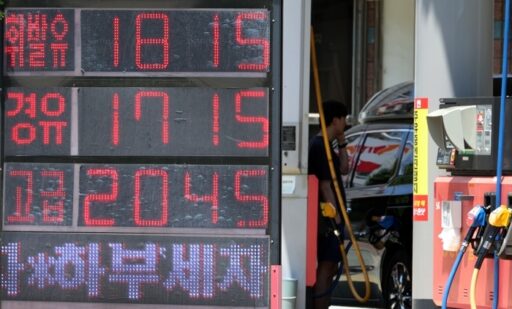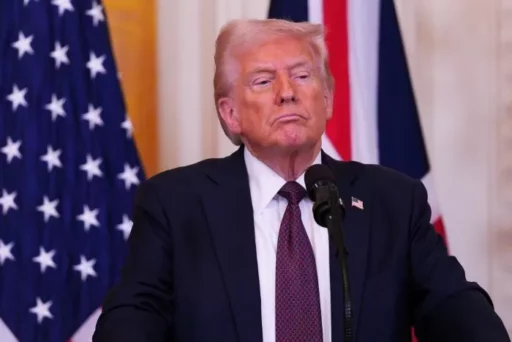Gasoline prices surpass 1800 won… Middle East crisis ignites domestic fuel costs
As military clashes between Israel and Iran escalate, with the U.S. joining the fray, international oil prices are soaring, causing domestic fuel prices to surge as well.
Amid increasing uncertainty in the global political landscape, concerns are also rising about potential fluctuations in exchange rates and the stock market.

Nationwide gas station prices rise by 20 won in five days
On the 23rd, at a gas station in Seoul, the price of gasoline has already surpassed 1800 won per liter, and diesel prices have also exceeded 1700 won. The nationwide average fuel price has increased by about 20 won in just five days.
The day before (on the 22nd), following the U.S. airstrikes on Iranian military facilities, fuel prices are skyrocketing without any sign of stopping.
The biggest variable is Iran's counterattack. If Iran were to actually blockade the Strait of Hormuz, through which 20% of the world’s crude oil passes, a sharp rise in international oil prices would be inevitable. The closure of this strait, which is a key maritime route connecting Korea and Europe, could directly shock the real economy, including logistics and aviation.
Financial markets are also shaken… Won-dollar exchange rate on the rise

With international oil prices rising, domestic exchange rates and the stock market are also being impacted. Should military clashes escalate, a heightened preference for safe assets would elevate the dollar's value, leading to an increase in the won-dollar exchange rate.
This could act as a burden on the domestic stock market, which had recently shown signs of recovery. There is a possibility of foreign capital outflows alongside weakened investor sentiment.
Chain reactions of uncertainty… Urgent need for policy responses
As a complex crisis spanning energy, finance, and industry becomes apparent, the government is working on various countermeasures. Experts emphasize that structural responses, including not only immediate measures for oil price shocks but also the reconfiguration of supply chains and securing alternative energy sources, must take place concurrently.
A representative from the domestic refining industry stated, “Since external variables stemming from international conditions are beyond government control, it is urgent for the public and private sectors to collaborate in establishing risk dispersion measures.”
Image source: News1, Donald Trump, U.S. President / gettyimageskorea


